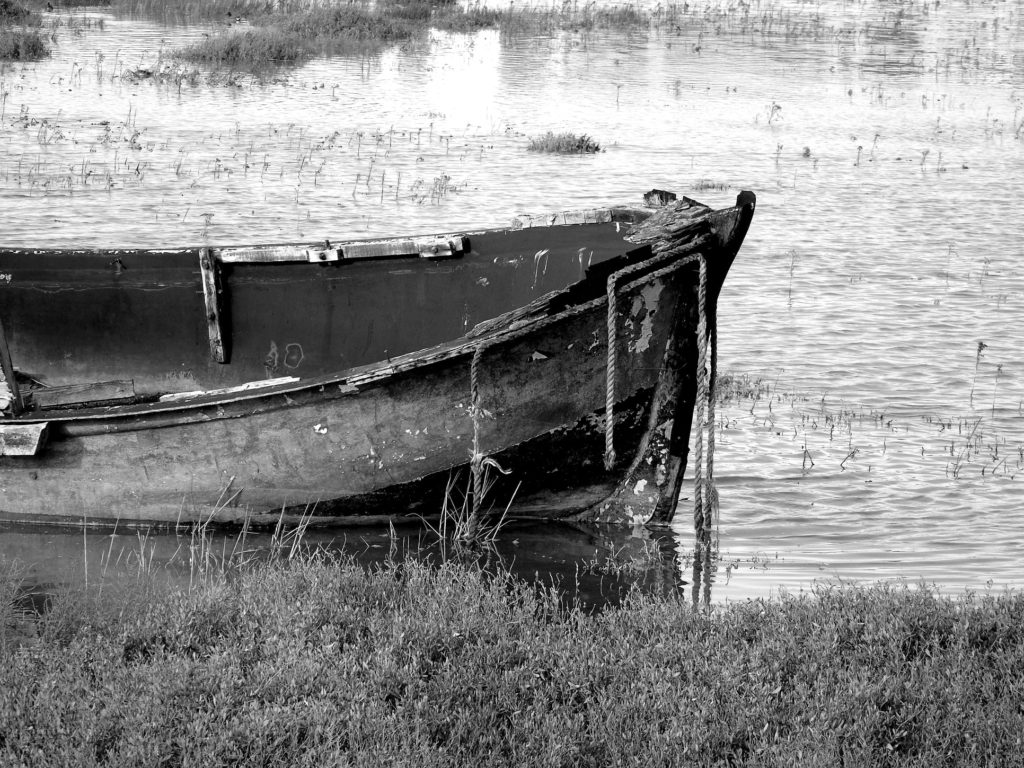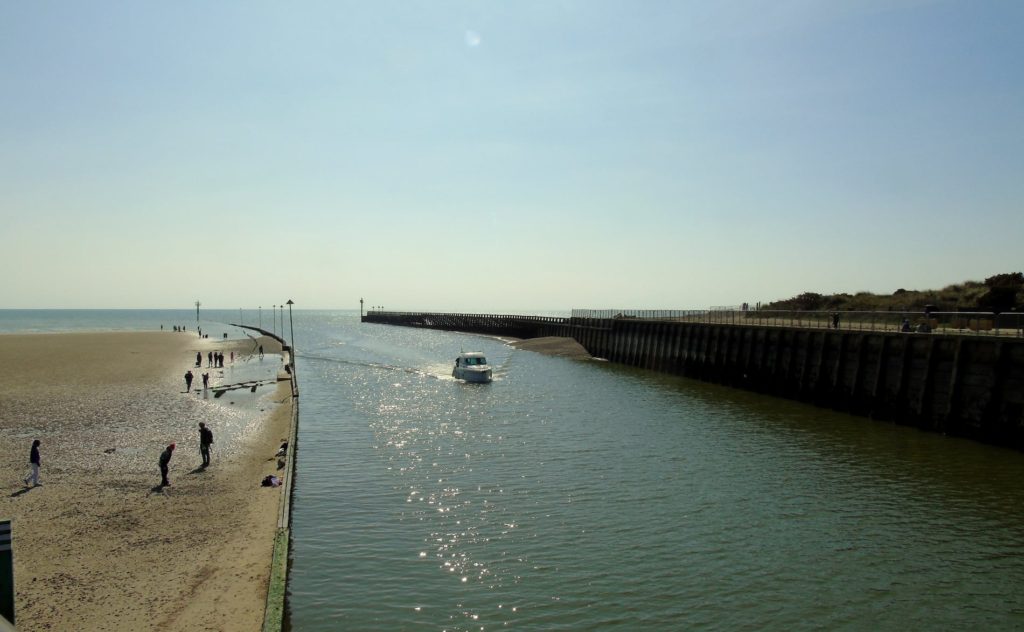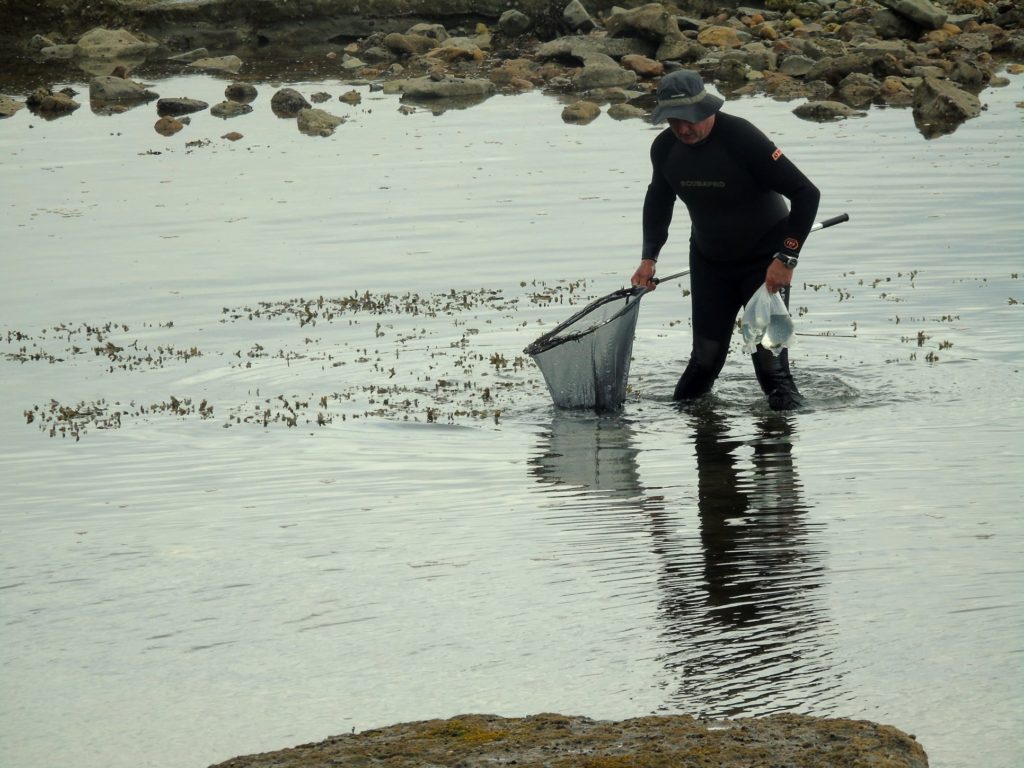I love a good quote. A quote can be edifying, affirming, revealing and comforting. Take for example, these words from Malala Yousafzai:
“Once I asked God for one or two extra inches in height, but instead he made me as tall as the sky, so high that I could not measure myself.”
When I was 12 and going through a brief Catholic phase I wanted to be a nun (a Mother Superior, no less). From the perspective of 62, I understand that ship has sailed and sunk and is now resting on the sea bed, encrusted with barnacles and embraced by octopi. I also understand that it wasn’t the right dream for me. I’ve had other things to do with my life – for me, better, more satisfying things. But, like Malala, I’ve needed to figure out my true passions, and then learn how to achieve them.
Continuing with the oceanic theme, another quote comes to mind, this one from the Chinese philosopher Lao Tzu:
“Give a hungry man a fish, and you feed him for a day. Teach a man to fish, and you feed him for a lifetime.”
Diving from this thought into the educational pool, I find myself questioning how true the quote is. Educators passionately want to equip their students for life. So they train. They study. They do work placements and they gain experience. They produce assignments. They write exams. They graduate. Happy days – they have been taught how to fish – and now they can go out and teach fishing to others!
Thinking back to our fisherman, what style of fishing was he taught? Was it the best style for himself, or for the kind of fish he was catching? Did he learn how to fish using a hook and line, a net, a spear, or his bare hands? Was he taught to fish from a quayside, a cliff, a boat, or splashing in high boots through the water? However he was taught, he has acquired skills and can proudly call himself a competent fisherman. He can feed himself and his family. So he gets out there with his bait or his nets or his collection of flies, and all goes swimmingly until things happen, things that take the joy out of fishing or even make fishing impossible. Things he cannot control.
A violent storm capsizes his boat … or the boat springs a leak … or an oil tanker goes down and fish numbers decline … or people decide chicken is cheaper and healthier than fish and the demand for his catch goes down … or his family stops coping with the long hours that he must be away fishing … or his health breaks down from too many hours of cold and wet.

So now here we have a fisherman. He knows how to fish. He’s good at solving ordinary fishing problems. He was taught how to fish but this knowledge is no longer helping him.
Something similar happens to educators. Having qualified, they start teaching and realise that the actual job is very far removed from the intellectual journey they have travelled. Work experience gives teachers a glimpse into their dream profession but holy moly, day-to-day teaching is an entirely different kettle of fish.
This experience is common to educators at all levels. They may be head teachers, heads of department, deputies, home educators, class teachers, apprentices, early years educators or university lecturers. They are well-trained. They have a bucket-load of knowledge and an awesome array of skills. But sometimes circumstances they cannot control overwhelm their work and their personal lives. They feel stuck, broken, overworked, worn out, depressed, in despair. They try to swim, but sooner or later most find themselves floundering, and some sink.
Enter the coach.
Coaches do not have to teach anyone how to fish. I don’t have to tell you or how to be an educator, because you already are one. But as a coach and an educator of 40 years standing, I can empathise and stand beside you. I can facilitate the process as you identify your own achievable actions, map out your own way forward, and discover how to navigate the present toward a positive future.
Like Malala, you can move beyond the circumstances you can’t change and embark on a new, better dream.
And you can begin today.


